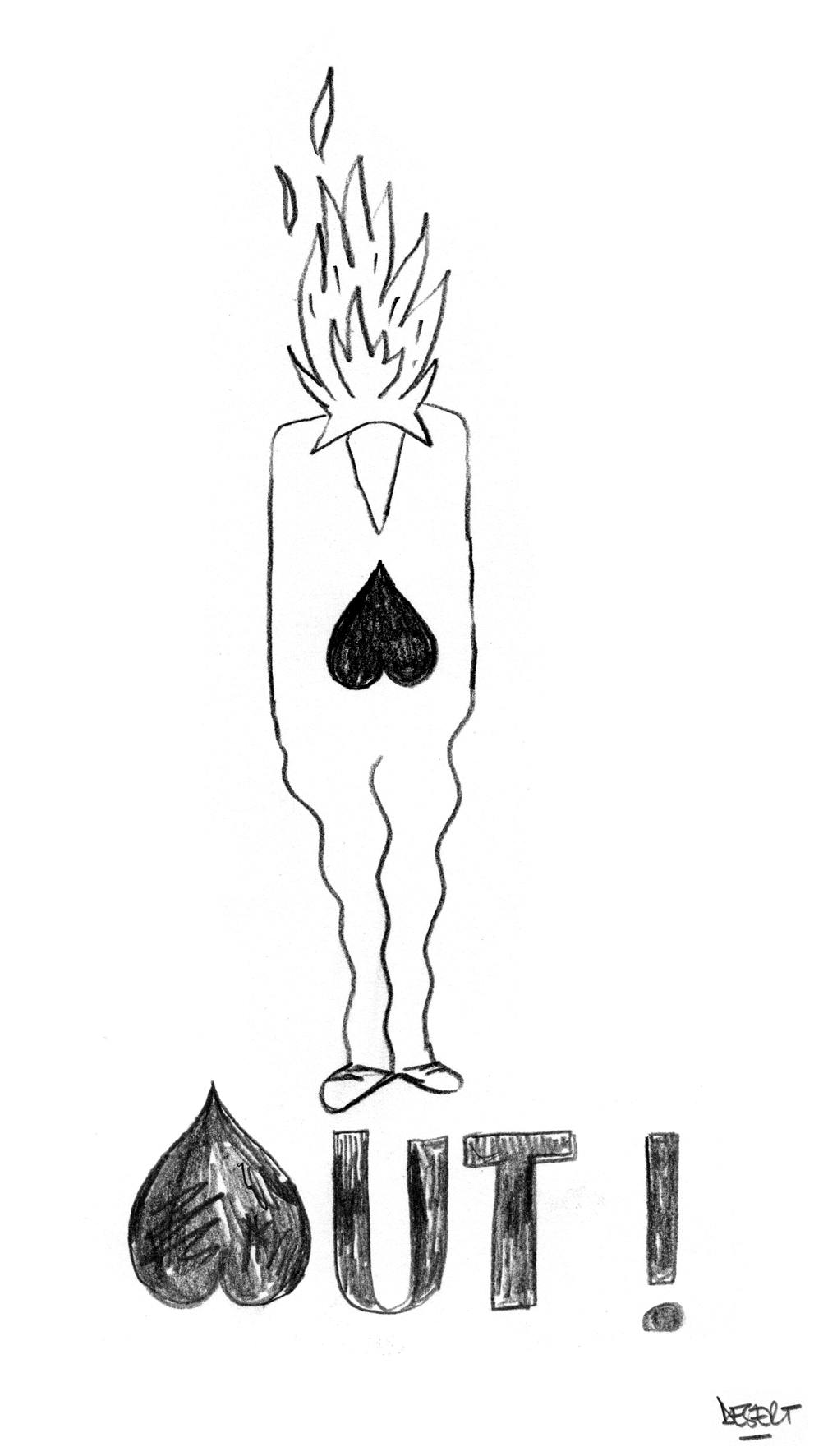
Burnout : the wake-up call that changes everything
EIt's not your fault: discover how burnout reveals the flaws in our society and pushes us to act together
May 2025



May 2025


In France, the subject really entered the public space after the waves of suicides at Renault and EDF in 2007, then at France Telecom.The pivotal year is 2009. Only 13 articles between 2003 and 2009... compared to 115 articles between 2009 and 2015. The media coverage followed the shock wave of France Telecom (Chevret-Castellani, 2017).
In England, a survey published in The Times (May 2025) reveals that 85% of workers have already experienced symptoms of burnout. Almost 1 in 2 (47%) had to stop for mental health reasons. But 1 in 10 did not dare to say so officially.
Young employees are the most affected: 91% of 18-24 year olds and 94% of 25-34 year olds say they have suffered from fatigue, mental fog or headaches. However, more than a quarter (26%) of those who have never taken a leave say they should have done so but did not do so, due to fear of judgment, work overload or financial reasons.
The study also highlights a generational gap: nearly 20% of 55-64 year olds believe that mental health should remain outside the professional framework, compared to only 8% of 25-34 year olds. For the authors of this study, these figures demonstrate the urgency of implementing real prevention and support policies, beyond simple speeches, because it is not only an issue of individual well-being but also a major business issue affecting employee productivity, retention and satisfaction.
On a global scale, a McKinsey study (2022, 15,000 employees surveyed in 15 countries)
This survey reveals that:

The most important document on the subject is Gallup's annual State of the Global Workplace report, which analyzes employees' perceptions of their work and lives. In 2024, it highlights a deterioration in mental health among employees, attributing a significant portion of this problem to poor management practices and a lack of engagement. The report examines the impact of economic and political factors, such as the state of the labour market and labour rights laws, on workers' well-being and engagement. Finally, it highlights the crucial role of managers in promoting employee engagement and overall fulfillment, suggesting that improved management practices can reduce stress and increase productivity.
Prevalence of burnout among leaders: A quarter of leaders feel burned out often or always, and two-thirds feel it at least sometimes.
Employee stress: 41% of employees report feeling "a lot of stress". This stress varies considerably depending on the management of organizations:
Causes of Job Stress: A major cause of stress at work is the lack of materials and equipment needed to perform the job effectively. The perception that organizations are investing in areas other than what employees need to do their jobs can also exacerbate stress.
Inefficient and effective solutions:
Impact of stress and disengagement: Employees who don't enjoy their jobs tend to have high levels of daily stress and worry, as well as high levels of all other negative emotions. Being actively disengaged at work is équivalent ou pire que d'être au chômage pour de nombreux indicateurs de bien-être (stress, colère, inquiétude, solitude).
The report highlights that improving management practices is crucial not only for employee engagement, but also for their mental well-being and reducing burnout and stress.
Inefficient and effective solutions:
Impact of stress and disengagement: Employees who don't enjoy their jobs tend to have high levels of daily stress and worry, as well as high levels of all other negative emotions. Being actively disengaged at work is equivalent to or worse than being unemployed for many indicators of well-being (stress, anger, worry, loneliness).
The report highlights that improving management practices is crucial not only for employee engagement, but also for their mental well-being and reducing burnout and stress.

MP Nathalie Morgenthaler (CSV) questions the Minister of Health, Martine Deprez, about the increase in mental illnesses in Luxembourg, and more particularly burnout. (Parliamentary question n°2635 : tabled on 22 July 2025 )
She reminds us that, according to the WHO, burnout is not recognized as a disease but as a work-related phenomenon(ICD-11). In Luxembourg too, it is not classified as a recognised disease.
It therefore calls on the government to provide:
Today, there is no specific medical code for burnout. As a result, it is often recorded under the term "depression", which prevents reliable figures on the number of cases, the evolution or the duration of sick leave.
The good news is that even without its own code, the medical consequences (such as associated depression) are well taken care of by the CNS.
As for official recognition, the minister recalls the definition of burnout given by the WHO and that it is not recognized as an occupational disease, and no reform is planned at this stage.
Finally, no specific national study is in sight, but pilot initiatives exist. The Lighthouse program, for example, has already supported 35 people in 2024, with medical, psychological, sophrology and support groups.
So Luxembourg does not have precise data on burnout due to the lack of a specific code, does not envisage its recognition as an occupational disease, and does not plan a national study, but supports pilot projects such as Lighthouse
It would be interesting to question in more depth the reasons or arguments put forward by the authorities against this recognition (beyond the possibility of classifying symptoms under other existing diagnoses), and also the practical implications of this position for employees and employers.
It would also be interesting to know the conclusions of the Lighthouse pilot programs. With their hindsight of support, how do they position themselves in relation to this non-recognition?

What does the WHO say about the non-recognition of burnout as a disease?
Burnout is not recognized as a disease by the WHO because:
I think this position should change over time because although burnout is not considered a disease, it is increasingly present in our societies and it is also associated with negative symptoms for brain health, such as anxiety or depression, which in turn can be linked to more serious mental health conditions.

Faced with these figures, one question arises: what do you want to change in your work environment? What culture do you need to perform your role well? And in your own personal life?
Burnout is not a fatality, but a signal that invites us to act differently.
Before looking at the concrete possibilities in your teams and at the individual level, it is essential to understand precisely what the term "burnout" covers. Dive into analysis to grasp the definition and distinguish it from "bore-out".
Read more:
What is burnout? The faces of exhaustion

Did you like this article?

EIt's not your fault: discover how burnout reveals the flaws in our society and pushes us to act together
May 2025


Burnout is rising worldwide. From Gallup to McKinsey, discover what the data — and the lack of it in Luxembourg — really reveals about workplace stress.
May 2025


Beyond the numbers: definition of burnout, symptoms vs. boreout, and lived experiences to spot risks early and avoid collapse.
May 2025
